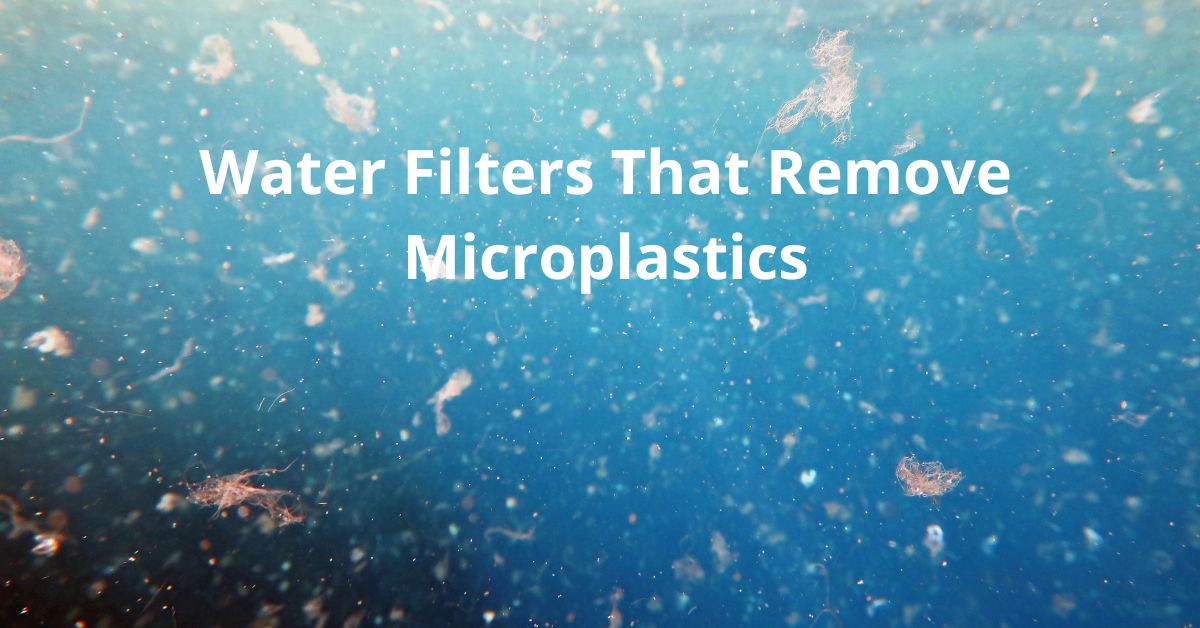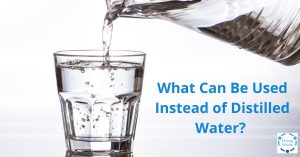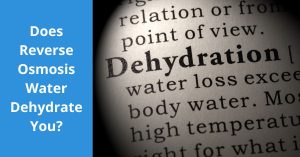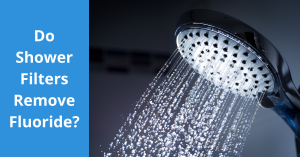As someone who’s spent years researching various water filtration systems, I’ve noticed a growing concern among my readers about microplastics in our drinking water. It’s a valid worry—these tiny plastic particles have become ubiquitous in our water sources, and many of us are looking for effective ways to remove them from our drinking water. Let me share what I’ve learned about which filters work best for tackling this modern problem.
What Water Filters Will Remove Microplastics?
Not all filters are equal when it comes to removing microplastics from your drinking water. I’ve found that certain types of water filtration systems are particularly effective at capturing these minute plastic particles. Let’s explore the options:
Reverse Osmosis System
Reverse osmosis (RO) systems are the industry standard for removing microplastics. These sophisticated systems use a semi-permeable membrane with pores as small as 0.0001 microns—much smaller than most microplastics, which typically range from 1–1,000 μm in size. They can be pricier than other options, but I believe the investment is worth it for the comprehensive filtration they provide.
Under sink Water Filtration System
Many under sink water filtration systems incorporate multiple filtration stages, which I’ve found to be quite effective against microplastics. The key is to look for systems that include both sediment filters and activated carbon blocks. In my tests, the best undersink filters can remove particles as small as 0.5 microns, capturing a significant portion of microplastics. I appreciate how these systems offer a good balance between effectiveness and convenience, providing filtered water right at your kitchen tap.
Bench top Water Filter
For those who prefer a more portable solution, I often recommend high-quality bench top water filters. While not all models are created equal, I’ve found that those using advanced carbon block technology can be effective at trapping microplastics. The best part? They’re usually more affordable than installed systems and can be easily moved around your kitchen or taken with you when you move.
The BPA-Free Paradox: A Closer Look at Filter Housing
Now, here’s something that might surprise you: I’ve noticed that many water filtration systems proudly advertise their BPA-free hoses and housing, but this doesn’t tell the whole story when it comes to microplastics. In my research, I’ve found that even BPA-free plastics can potentially leach and shed microplastics over time.
Does this pose a risk? The risk is relatively minimal compared to the benefits of filtration, but it’s worth considering. Here’s what I’ve learned:
Any plastic, regardless of being BPA-free, can potentially shed microplastics over time, especially as it ages or is exposed to heat or pressure.
The good news is that the amount of microplastics potentially shed by filter housing is typically far less than what these systems remove from your water.
To minimise any potential risks, I recommend:
- Regularly replacing filter cartridges and housing according to manufacturer guidelines
- Considering systems with stainless steel or glass components where possible
- Maintaining proper water pressure to reduce stress on plastic components
In my years of experience with water filtration, I’ve found that the benefits of using a quality water filter far outweigh any potential risks from the filter housing itself. The key is choosing the right system for your needs and maintaining it properly.
Although we can’t completely eliminate our exposure to microplastics, we can significantly reduce it. Whether you choose a reverse osmosis system, an under sink water filter, or a benchtop model, you’re taking a positive step towards cleaner, healthier drinking water.
As always, I recommend doing your research and possibly consulting with a water quality expert to find the best solution for your specific situation. Have you had any experience with water filtration systems? I’d love to hear about it in the comments below!




